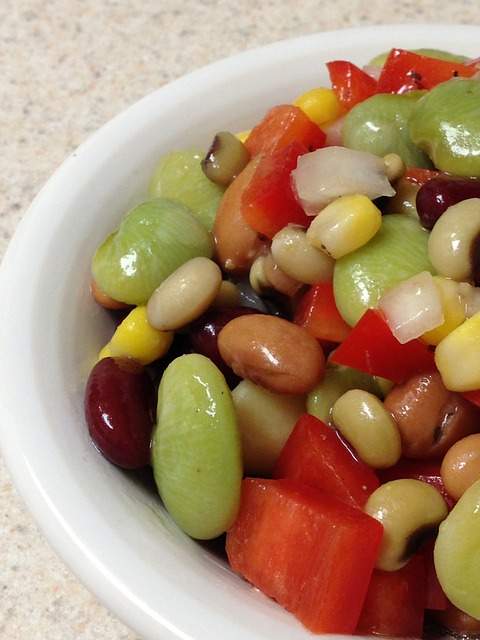A high fiber diet offers many health benefits. High-fiber diets can help prevent constipation, reduce the risk of digestive disorders, lower cholesterol, help with weight loss, control blood sugar and can even prevent advanced cancer. We’ve all heard that we should eat a lot of fiber, but you don’t really know how beneficial dietary fiber is until you start to see these benefits emerge.
Dietary fiber, which is found mainly in fruits and vegetables as well as in whole grains and legumes, is widely known as a remedy for constipation, but fiber access goes far beyond that. There are a variety of ways to incorporate high-fiber foods into your daily diet as well as snacks.
Dietary fiber is also known as roughage or “mass.” It includes all parts of a plant that you cannot digest. Fiber cannot be digested by the body; so it passes quickly through the digestive system. There are two types of fiber including soluble and non-soluble fiber.
Soluble fiber is a type that dissolves in water and forms a gel-like substance. This fiber is important in lowering your blood cholesterol and your glucose levels. Soluble fiber can be found at:
Oats
Peas
Beans
Apples
Citrus fruits
Barley
Carrots
Incorporated fiber is a type that promotes movement in the digestive system. It also boosts a lot of your seats and is useful for those who suffer from unusual seats or constipation.
Foods that contain fiber not included include:
Whole wheat flour
Branch
Peanuts
Vegetables
A high fiber diet offers many benefits. The biggest benefit most people notice is the softening of the seats to make it easier to pass and reduce constipation. Fiber can also help to strengthen the excrement as it absorbs water and adds to the mass.
If you are prone to digestive problems such as irritable bowel syndrome or hemorrhoids, a high-fiber diet can reduce your risk.
In addition, fiber is important in lowering blood cholesterol levels, especially LDL or “bad” cholesterol. The soluble fiber that contains food is helpful in this area and includes beans, flax, oat and oat bran.
People who struggle with blood sugar levels also benefit from fiber. Soluble fiber helps absorb sugar and this is beneficial for those with diabetes. A high-fiber diet can also reduce the risk of developing type 2 diabetes.
A high fiber diet also helps in weight loss. Because they require extra effort on chewing, your body perceives its fullness very quickly. A high fiber diet keeps you feeling full for longer as well. If you eat a diet high in fiber, you are less likely to overeat and stay full. These foods are also “powerful” and this means you can eat more and eat fewer calories.
There have been studies showing that a high fiber diet can also prevent open cancer. However, more details are still needed on this claim. It is well known that high-fiber foods are good for the colon and digestive system, but one should not replace high-fiber foods for regular colonization.
